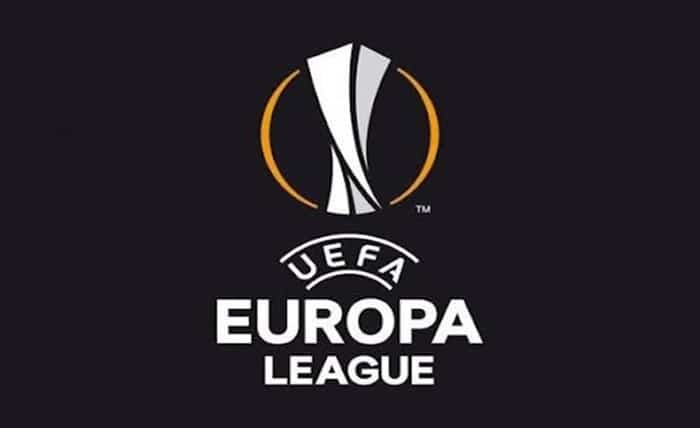Pros and Cons of the New Champions League Format

In 2024, the Champions League will usher in a significant transformation, expanding to incorporate 36 teams in a singular league format. This revision aims to refresh the prestigious tournament, yet it has ignited a spectrum of reactions across the football community.
Alongside fans, football organizations, and oversight entities, the Sky247 India website is attentively watching the unfolding effects and consequences. This article dissects the potential benefits and challenges of the new Champions League format, providing a comprehensive perspective on what this change signifies for the future of European football.
The Bright Side of Expansion
The restructuring of the Champions League format has its merits. UEFA aims to enhance the competition’s appeal and financial viability by introducing several key changes.
Pros of the New Format:
- More Matches, More Revenue: Each club’s increase to eight guaranteed matches in the league stage promises to boost revenue streams. This growth stems from augmented broadcasting rights sales and potentially higher match-day earnings due to increased stadium attendances.
- Greater Exposure for Smaller Teams: The expanded format allows more clubs to participate in the Champions League. This inclusion grants smaller teams the invaluable opportunity to face off against European powerhouses, enhancing their exposure on the global stage and potentially elevating their revenue through higher viewership and participation incentives.
- Potentially More Upsets: A larger pool of teams inherently increases the probability of unforeseen upsets and thrilling results. Such unpredictability can infuse the tournament with additional excitement.
- Reduced Reliance on Domestic Leagues: With the revised qualification criteria, a team’s performance in its domestic league may not solely dictate its Champions League participation. This change could prompt clubs to adopt more strategic approaches to their seasonal objectives, more effectively balancing domestic and European ambitions.
By broadening the competitive landscape and opening new revenue avenues, these changes align well with the Sky247 sportsbook, which thrive on offering diverse betting opportunities.
The introduction of more matches not only promises more action for bettors but also allows for a deeper engagement with the nuances of football’s premier club competition, ensuring that every fan and bettor can find something to pique their interest in the new Champions League era.
The Flip Side: Challenges Ahead
While the new format harbors potential benefits, it also presents several challenges that UEFA and participating clubs must navigate.
Cons of the Revised Structure:
- Fixture Congestion: Adding more Champions League matches exacerbates the already crammed football calendar. This increase could escalate player burnout, heighten the risk of injuries, and degrade the quality of performances across competitions.
- Reduced Prestige of Group Stage: The introduction of more teams might dilute the exclusivity and intensity of the group stage, potentially leading to matches with less at stake and, consequently, a drop in competitive fervor.
- Advantage for Bigger Clubs: The new format could disproportionately benefit larger clubs that boast extensive squads capable of managing the heightened demand. This advantage may widen the competitive gap between football’s elite and smaller clubs.
- Less Reward for Domestic Performance: Diminishing the weight of domestic league standings in Champions League qualification risks undermining the importance of national competitions. This shift could detract from the leagues’ quality and their appeal to fans and broadcasters.
The long-term consequences of the Champions League’s new format on domestic leagues’ competitiveness, fan engagement, and the overall football landscape remain speculative. Stakeholders are cautiously optimistic but aware of the need for adaptive strategies to preserve the sport’s integrity and allure.
The new Champions League format heralds a period of both opportunity and challenge. It promises more football, broadened horizons for lesser-known clubs, and potentially more dramatic narratives. Yet, it also risks player welfare, competitive balance, and the tradition of domestic football success as a gateway to European glory.
Ultimately, the success of this format will be measured by its ability to balance innovation with the cherished values of competitive football.




